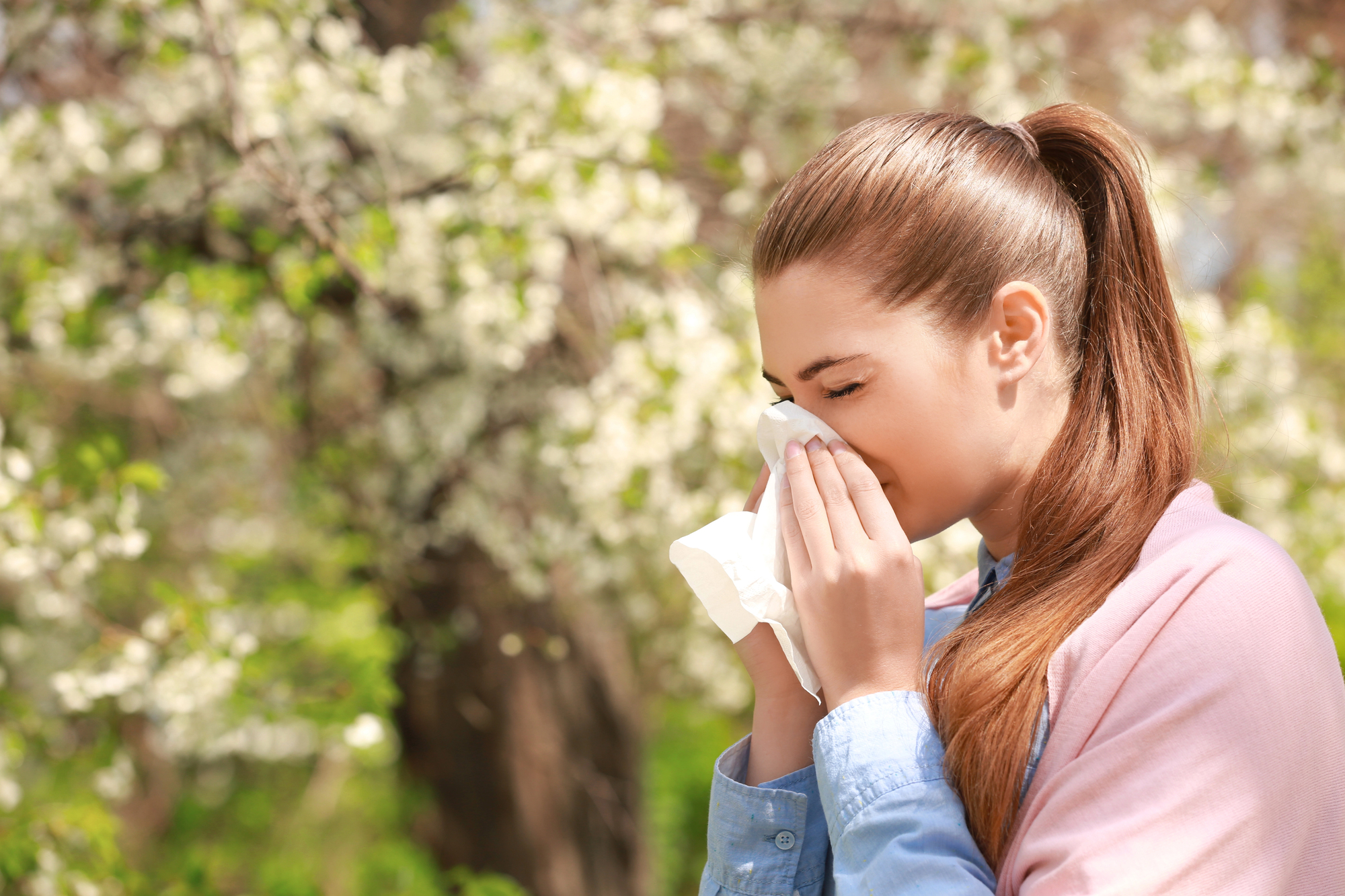
Ah, spring in Central Texas! While it brings beautiful wildflowers and perfect weather for outdoor activities, it also ushers in one of the most challenging times for allergy sufferers. From cedar fever in winter to oak pollen in spring and ragweed in fall, seasonal allergies can impact our quality of life year-round in the Austin area.
As family physicians serving the Austin and Leander communities, we frequently help patients navigate the complexities of seasonal allergies. Let’s explore effective strategies to manage these symptoms and help you breathe easier throughout the year.
Central Texas experiences unique allergy patterns that can affect residents differently than other parts of the country. Our mild winters and diverse vegetation create almost year-round allergy conditions. Mountain cedar (actually an Ashe juniper tree) releases pollen in December and January, oak trees pollinate in March and April, and various grasses and weeds contribute to allergies throughout summer and fall.
When allergens strike, they typically trigger a range of uncomfortable symptoms:
These symptoms can significantly impact daily activities, work performance, and sleep quality. However, there are numerous effective ways to manage and minimize their effects.
The best approach to managing seasonal allergies often starts with prevention. Here are some practical tips that work well in our Central Texas environment:
Monitor local pollen counts and plan outdoor activities accordingly. Many local weather services provide daily pollen forecasts, allowing you to plan indoor activities when counts are highest.
Keep windows closed during high pollen periods, particularly in the morning when pollen counts tend to peak. Use air conditioning to filter the air in your home and car.
Change clothes and shower after spending time outdoors to remove pollen from your skin and hair. This simple step can significantly reduce your exposure to allergens.
Invest in high-quality air filters for your home’s HVAC system and replace them regularly. Consider using a HEPA air purifier in bedrooms and frequently used living spaces.
When prevention isn’t enough, several treatment options can provide relief:
Over-the-counter medications: Antihistamines, decongestants, and nasal sprays can effectively manage symptoms. However, it’s important to understand which medications work best for your specific symptoms and any potential side effects.
Prescription medications: For more severe allergies, prescription medications might be necessary. These can include stronger antihistamines, corticosteroid nasal sprays, or other targeted treatments.
Immunotherapy: For some patients, allergy shots or sublingual immunotherapy can provide long-term relief by gradually building tolerance to specific allergens.
Natural remedies: Some patients find relief through nasal irrigation with saline solution or local honey (though scientific evidence for honey’s effectiveness is limited).
Managing seasonal allergies effectively often requires a comprehensive, long-term approach. Working with your family physician to develop a personalized treatment plan is crucial. This might include:
While many people can manage seasonal allergies with over-the-counter treatments, certain situations warrant professional medical attention:
Your health and comfort are our priority at Family Medicine Austin. If seasonal allergies are affecting your quality of life, don’t continue to suffer in silence. Our experienced physicians can help develop a personalized treatment plan to manage your symptoms effectively and get you back to enjoying all that Central Texas has to offer.
Contact Family Medicine Austin today at 512-872-6868 to schedule an appointment at either our Austin or Leander location. Let us help you breathe easier and enjoy every season to its fullest.